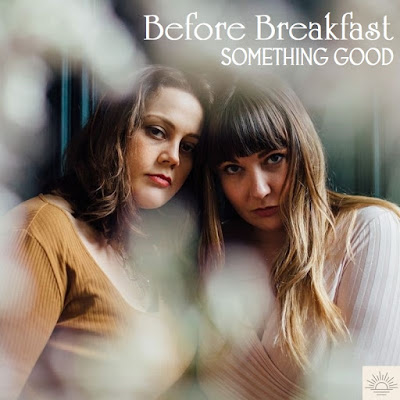This may be seen as blasphemy, but I've always preferred David Coverdale over Ian Gillan as vocalist of Deep Purple, and wish he'd have recorded more albums with them, but at least we have Whitesnake, so I shouldn't complain. The band were formed in 1978 after Coverdale left Deep Purple and recorded his solo album 'Whitesnake' in 1977, with the core studio line-up remaining as his backing band for the tour to promote the album. For the tour they were known as The White Snake Band, and they retained the title, shortening it slightly to Whitesnake, as they continued to tour with Coverdale as his support band. At this time the group was made up of David Coverdale, Bernie Marsden, Micky Moody, Neil Murray, and drummer David "Duck" Dowle, along with keyboardists Brian Johnston, who was soon replaced by Procol Harum organ player and keyboardist Pete Solley. Because of Solley's producing commitments he was replaced by former Deep Purple keyboard player Jon Lord during sessions for the first LP. Before that, though, the band's first recordings were released as the 'Snakebite EP' in 1978, which included a cover of the Bobby "Blue" Bland song 'Ain't No Love In The Heart Of The City', proving that the new wave of British heavy metal could break the pop charts. The debut album 'Trouble' was released in the autumn of 1978 and peaked at No. 50 in the UK album charts, and they followed this with 'Lovehunter' the following year, this time breaking the top 30. Shortly after that, drummer Ian Paice replaced David Dowle, giving Whitesnake three ex-Deep Purple members, and this new line-up recorded the 1980 release 'Ready An' Willing', which was the breakthrough hit for the band, reaching the UK Top 10 and becoming their first entry into the U.S. Top 100. In 1981 the band recorded 'Come An' Get It', which climbed to No. 2 in the UK album charts, but the following year Coverdale had to take time off to look after his sick daughter, and he put Whitesnake on hold while he did that.
When he returned to music, he reformed the band, and after the recording of the album 'Saints & Sinners' in 1982, he replaced Bernie Marsden, Ian Paice, and bass player Neil Murray with Mel Galley from Trapeze, bassist Colin Hodgkinson, and Cozy Powell as the new drummer. In late 1983, this new line-up recorded 'Slide It In', which was released in Europe in early 1984, and was the band's fourth top 10 album in their native UK, peaking at number 9. However, after securing a major US deal with the Geffen label, producer David Geffen insisted that the album be remixed for the US release, with Sykes and Murray re-recording the lead guitar and bass parts. Starting in 1985, Coverdale and Sykes began writing material for a follow-up studio album, aiming for a more modern approach, adding a slick Eighties studio polish to a band that up until 'Slide It In' had a bluesier sound rooted in the 70's. With Cozy Powell leaving to join Emerson, Lake & Powell, and Jon Lord exiting to reform Deep Purple Mk. II, drummer Aynsley Dunbar and keyboardist Don Airey were brought in, and after the album was put on hold for much of 1986 when Coverdale contracted a serious sinus infection that put his singing career in jeopardy, the album was finished in 1987, taking its title from its year of completion. The album was their most commercially successful, spawning hit singles 'Here I Go Again' and 'Is This Love', but long-term fans viewed it as a sell-out, and an attempt to pander to mainstream tastes at the time. I must admit that this is when I lost interest in the band, and so missed their late 90's albums, but re-issues of their records over the years have unearthed some rare tracks from my favourite period, and so I've collected them here. I've added in the four tracks from that very first EP, as they are confusingly scattered over a number of different re-issues, as well as some out-takes and b-sides from the 80's, and even a few 90's flips that are worth hearing, so sit back and enjoy some good old-fashioned heavy metal.

Track listing
01 Bloody Mary (from the 'Snakebite' EP 1978)
02 Steal Away (from the 'Snakebite' EP 1978)
03 Ain't No Love In The Heart Of The City (from the 'Snakebite' EP 1978)
04 Come On (from the 'Snakebite' EP 1978)
05 Soul Survivor (previously unreleased 1982)
06 Need Your Love So Bad (b-side of 'Give Me More Time' 1984)
07 Sweet Lady Luck (b-side of 'Is This Love' 1994)
08 Anything You Want (b-side of 'Don't Fade Away 1997)
09 Oi (b-side of 'Don't Fade Away 1997)
10 Can't Stop Now (b-side of 'Too Many Tears' 1997)















